Indigenous Brazilian filmmakers who’ve been using their talents — developed with help from Middle Tennessee State University film professors and students — to bring attention to the destruction of the Amazon rainforest will share their work Monday, Feb. 20, when they visit the Murfreesboro campus.
The event with filmmaker Brkwyipoi Kayapó, her village chief/environmental advocate Kaket Bepuneit and their colleague, anthropology professor Andre Demarc, is set for 6:30 p.m. Feb. 20 in Room 103 of the Bragg Media and Entertainment Building, 1735 Blue Raider Drive.
The free public gathering, “In Defense of Biocultural Conservation in Amazônia: Poetics and Politics of Collaborative Media-Making in the Mêbêngôkre-Kayapó community of A’Ukre,” includes a screening of the Kayapó film “Indigenous Filmmaker Warriors in Defense of Biocultural Conservation,” created with help from a National Geographic grant and a discussion and Q&A session.
It’s all part of the university’s Distinguished Lecture Series.
An MTSU parking map is available at https://bit.ly/MTSUParking. Off-campus guests can park free in the university’s Rutherford Boulevard Lot and ride the Raider Xpress shuttle to the Bragg Building.
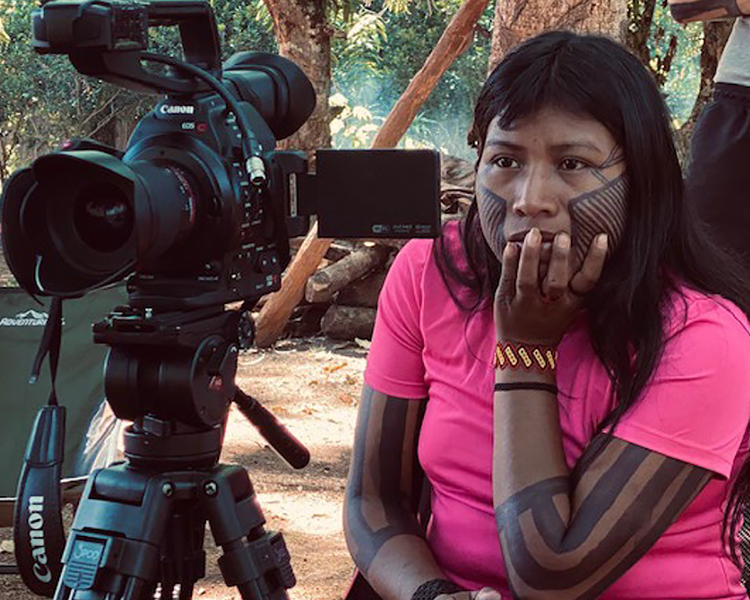
The MTSU professors have been working since 2017 with the indigenous filmmakers to help them tell their stories and share their efforts to save their homeland, all while giving students a hands-on study-abroad experience in documentary filmmaking and working with and learning from people of different cultures.
The academics have earned their own recognition and funding from the National Geographic Society as a result.

Dr. Paul Chilsen, an associate professor of of video and film production in MTSU’s Department of Media Arts, and Dr. Richard Pace of the Department of Sociology and Anthropology have made multiple trips to visit the Kayapó people, who live along the Xingu River in northwest Brazil amid more than 27 million acres of rainforest.
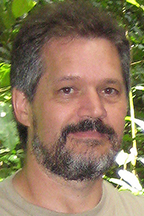
The professors have conducted workshops in writing for film, operating cameras, designing sets and costumes, and acting for their new colleagues.
The Kayapó first met Western outsiders in the 1950s. They increasingly use technology, particularly video, to boost their efforts to protect and preserve their land. Some Kayapó have said their video cameras are becoming the new weapons of their traditional warrior society.
The MTSU groups have helped the Kayapó add storytelling techniques to their arsenal to share their culture, defend their rights and draw more attention to their conservation work.

“They want to speak to an outside world in a language that the outside world understands,” said Chilsen, who also serves as program coordinator for the department’s filmmaking concentration and is one of the organizers for the Feb. 20 event.
More details about the MTSU participants’ work with the “filmmaker warriors” are available at https://bit.ly/MTBrazilianFilmmakers.
For more information about MTSU’s video and film production program, visit www.mtsu.edu/programs/video-production.
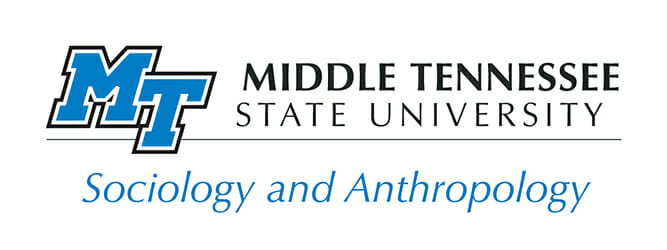
For more information about the Department of Media Arts in the College of Media and Entertainment, visit www.mtsu.edu/mediaarts. For information on the Department of Sociology and Anthropology in the College of Liberal Arts, visit www.mtsu.edu/soc.
— Gina E. Fann (gina.fann@mtsu.edu)
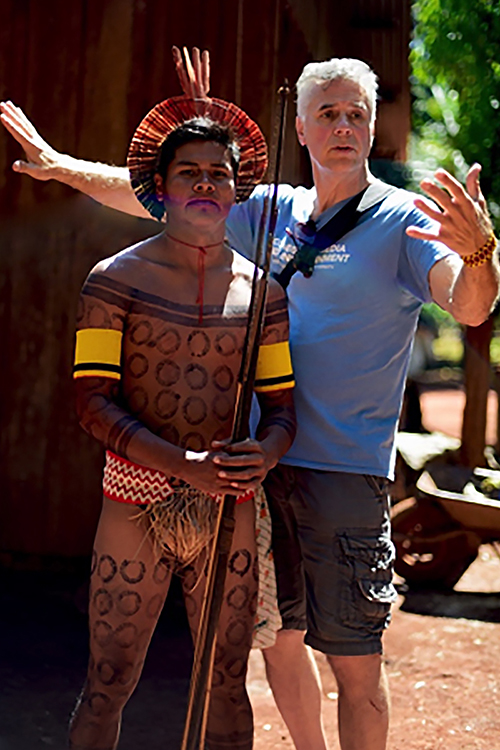
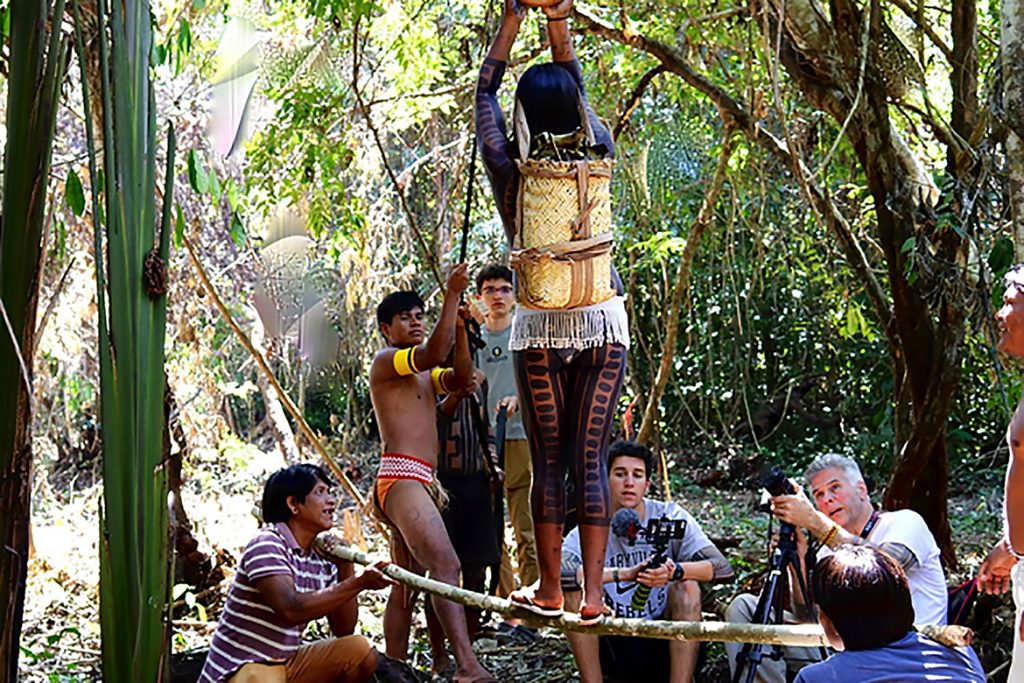

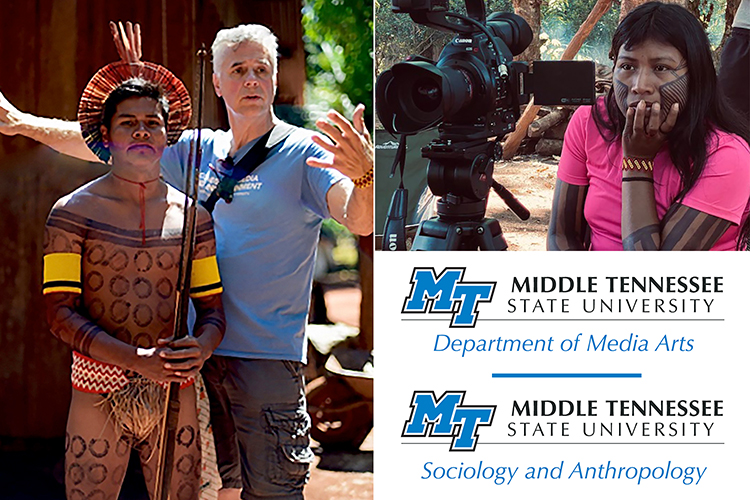
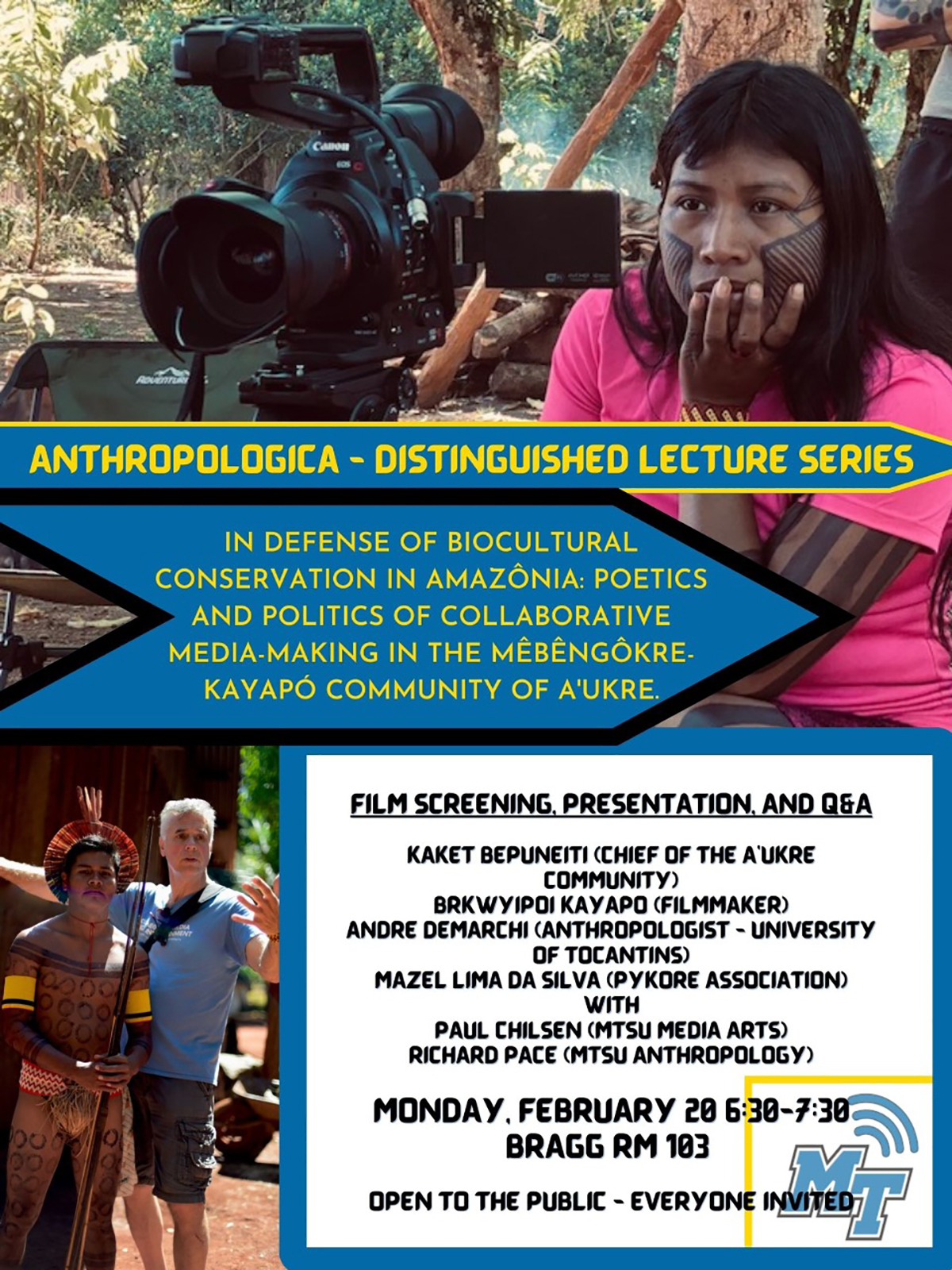
COMMENTS ARE OFF THIS POST